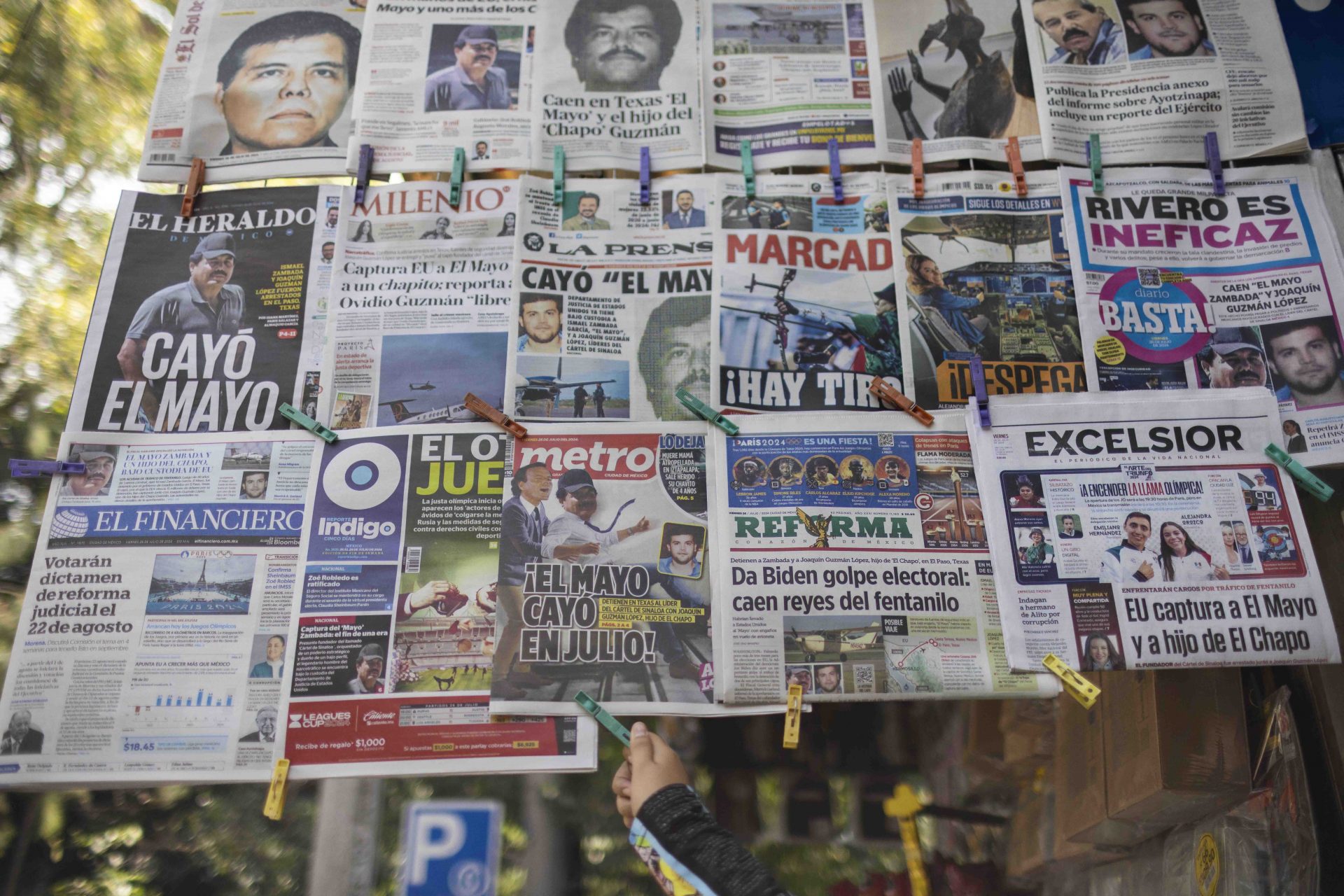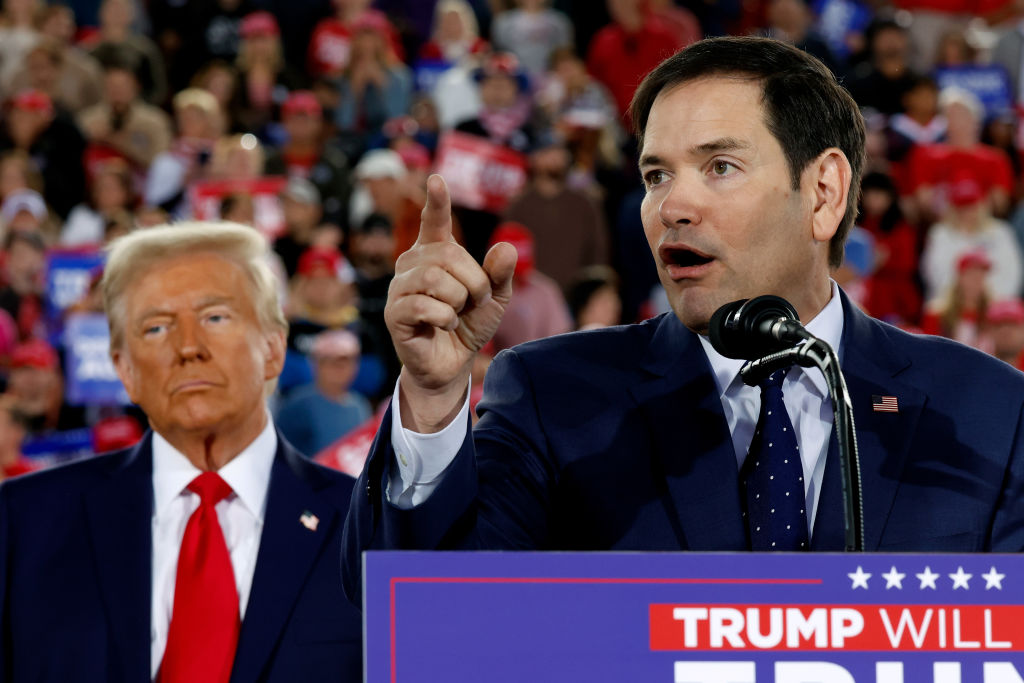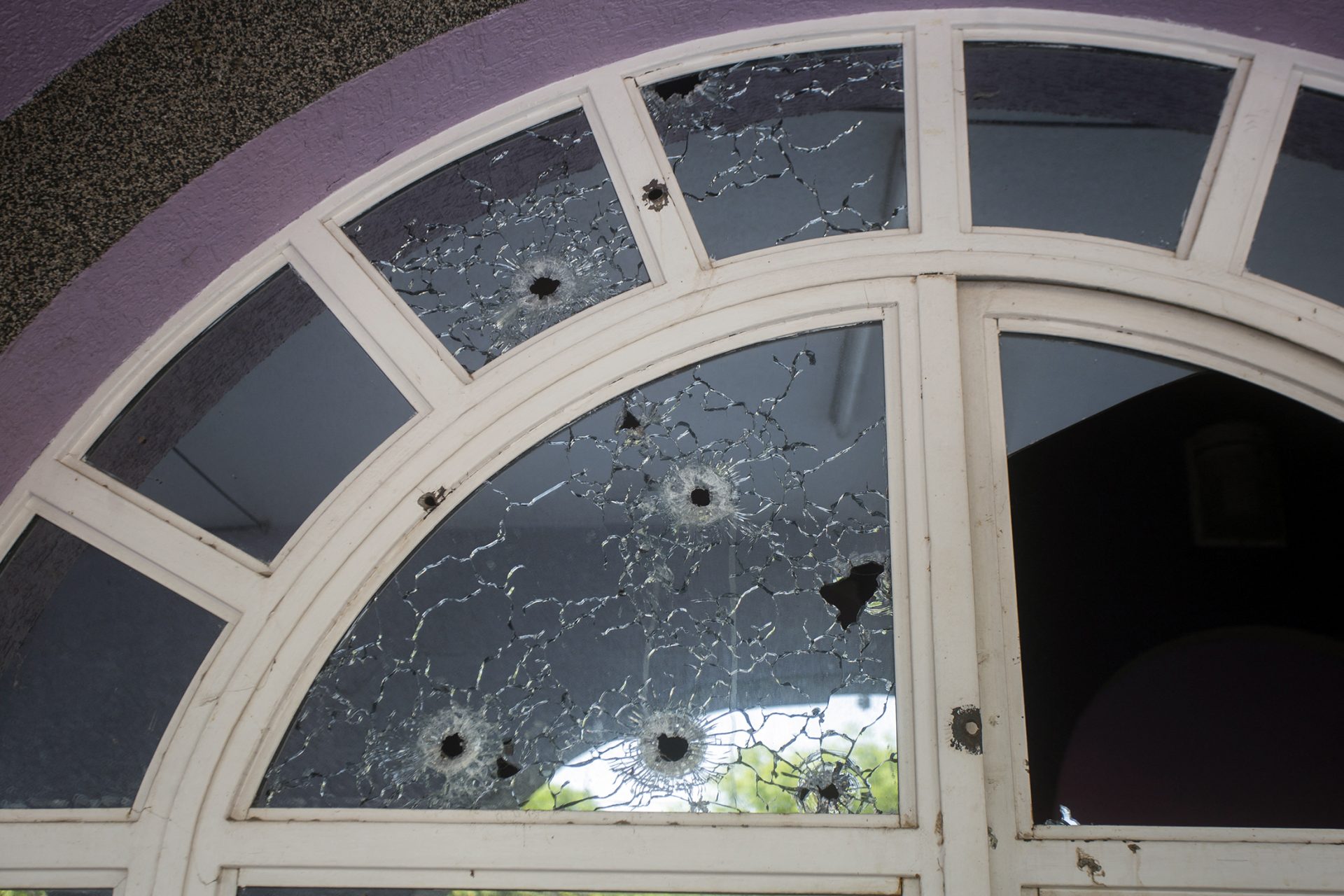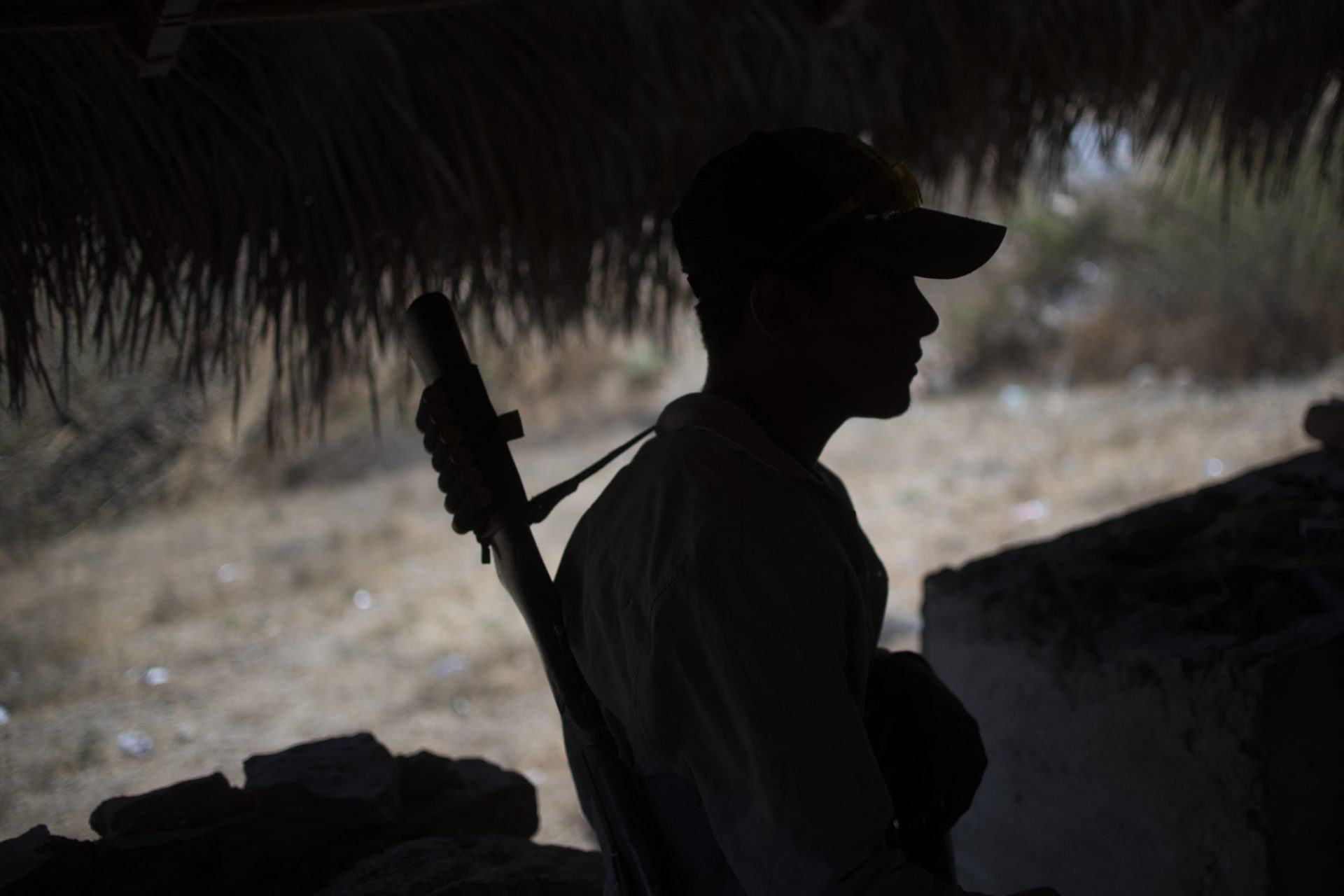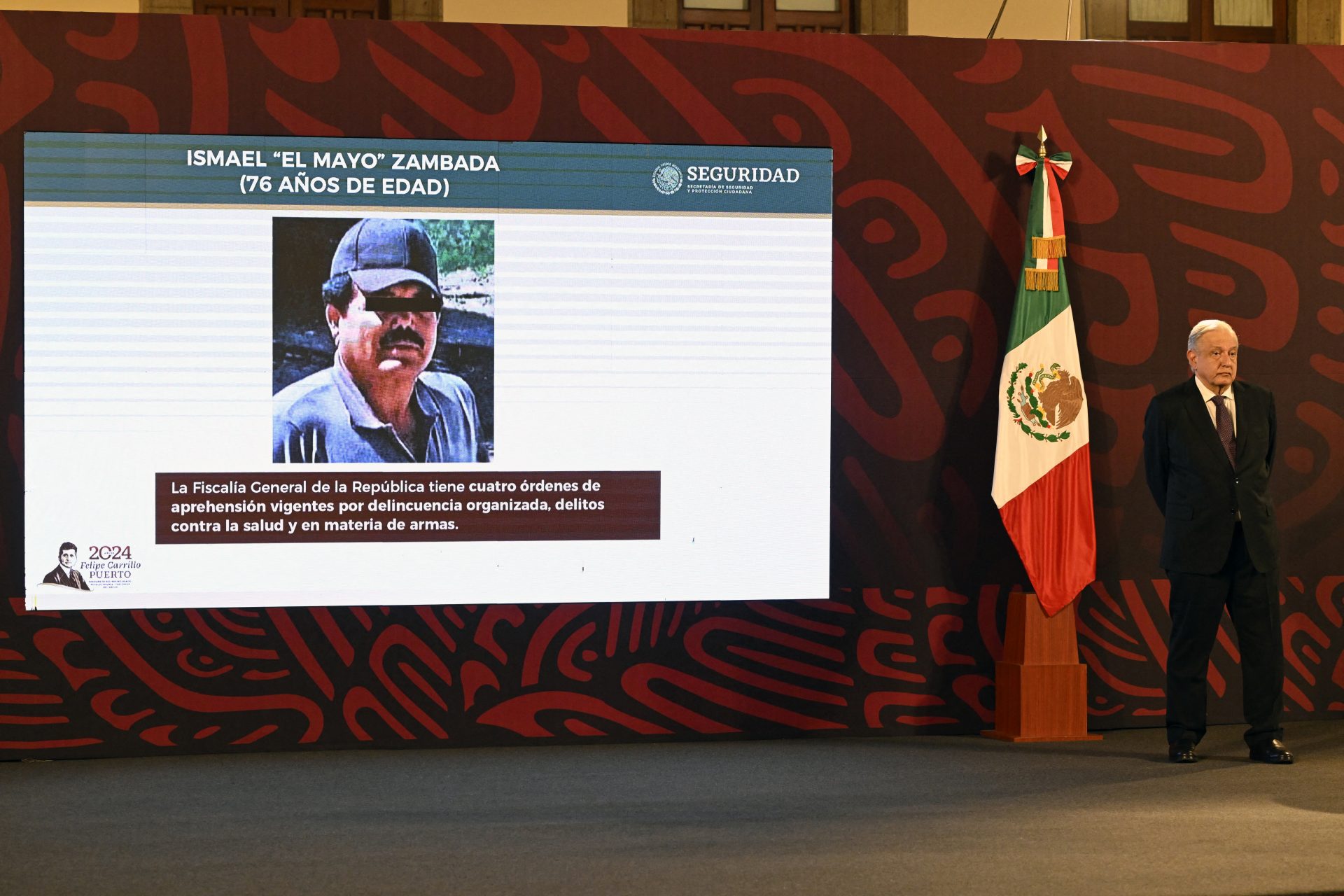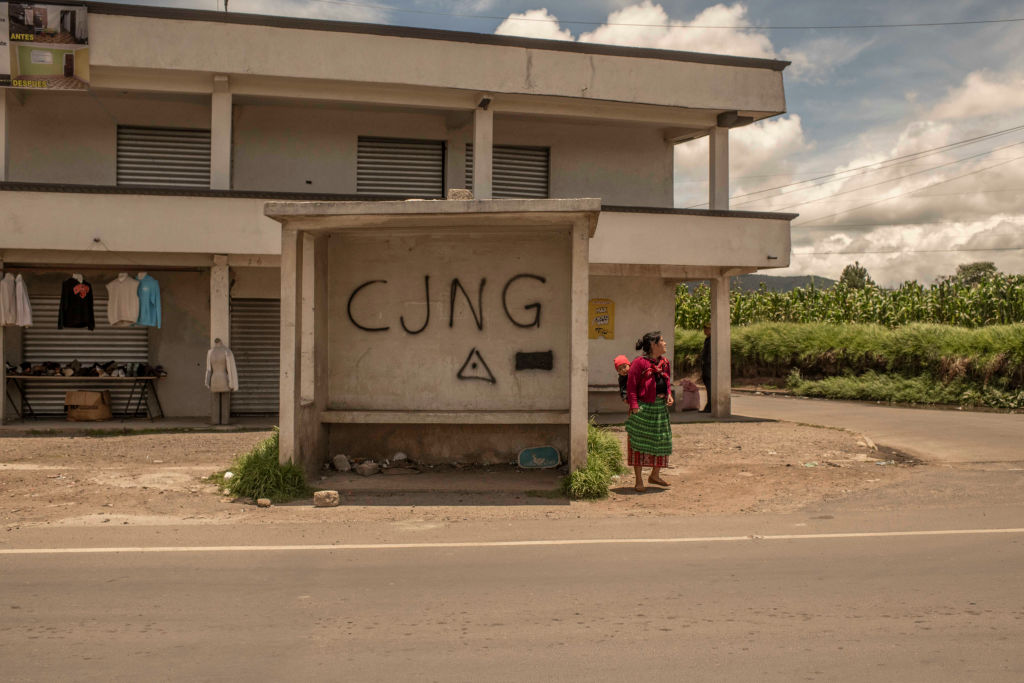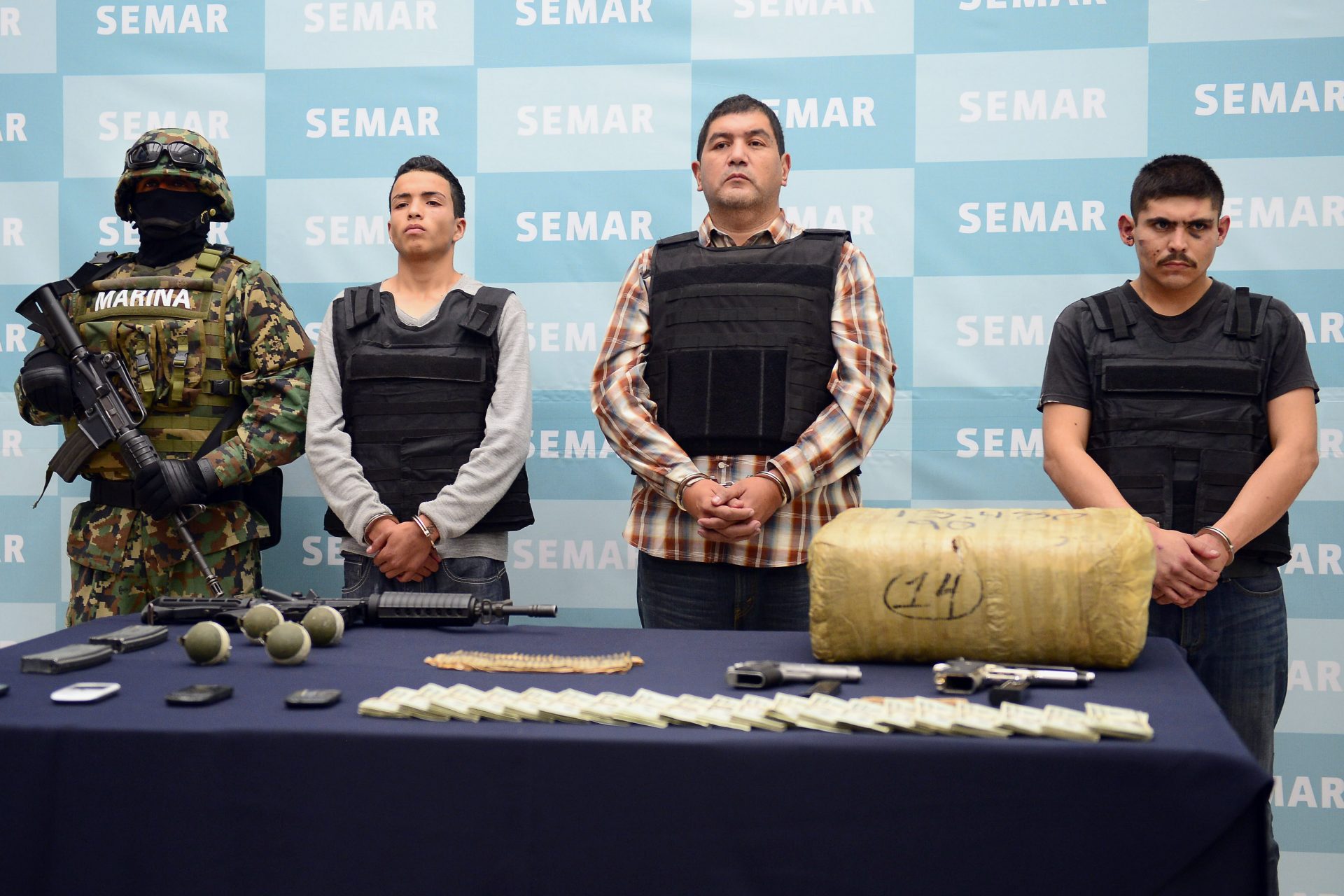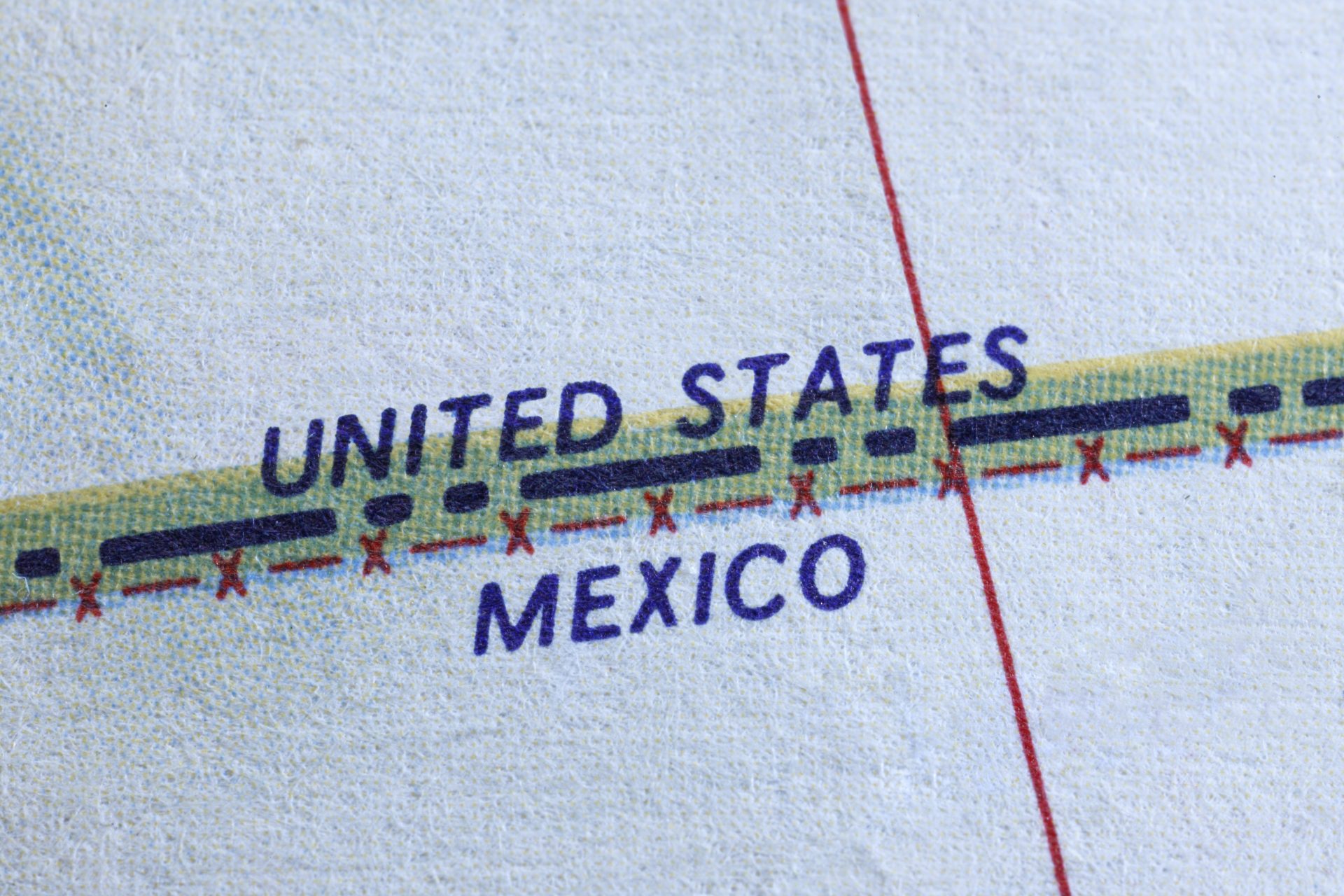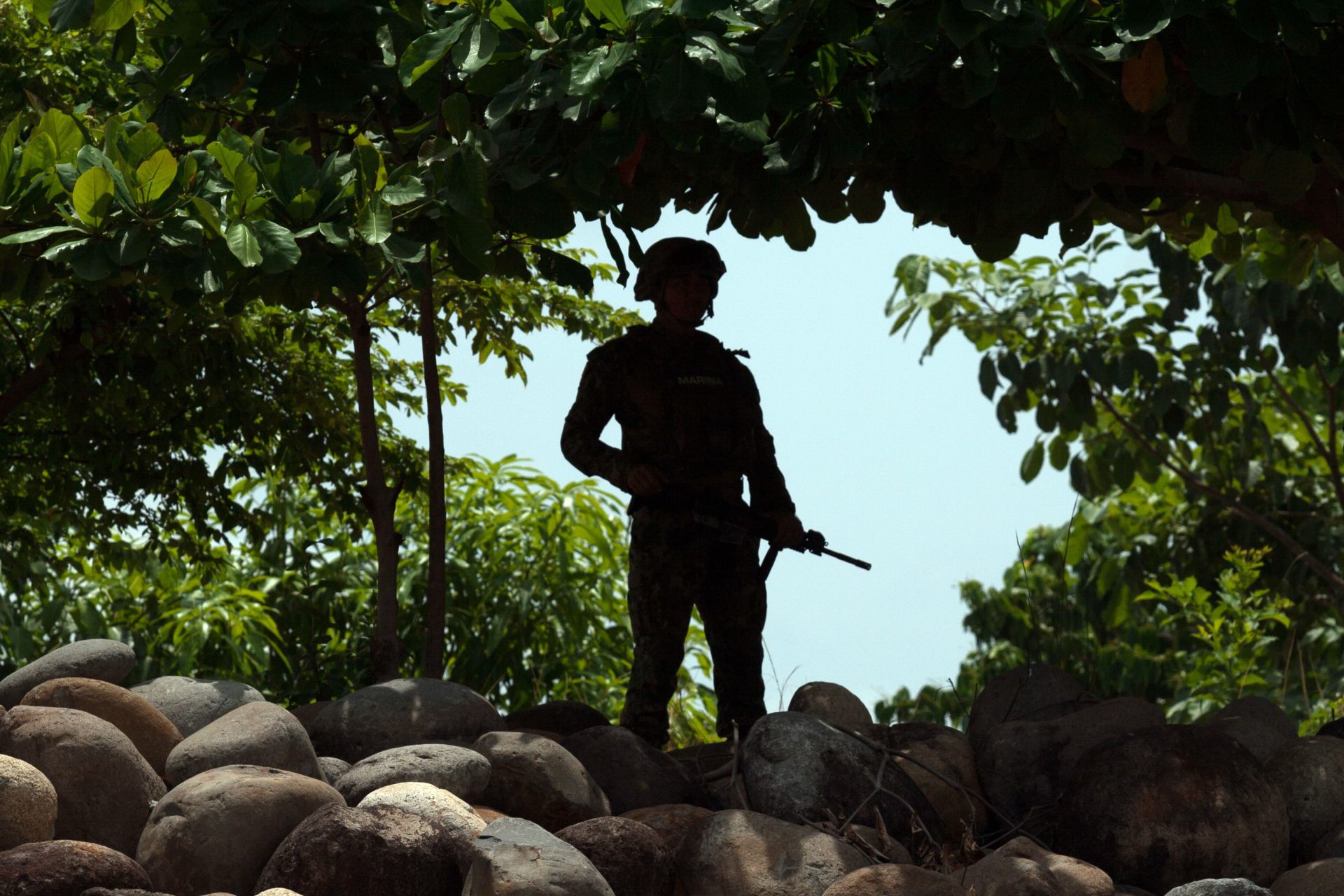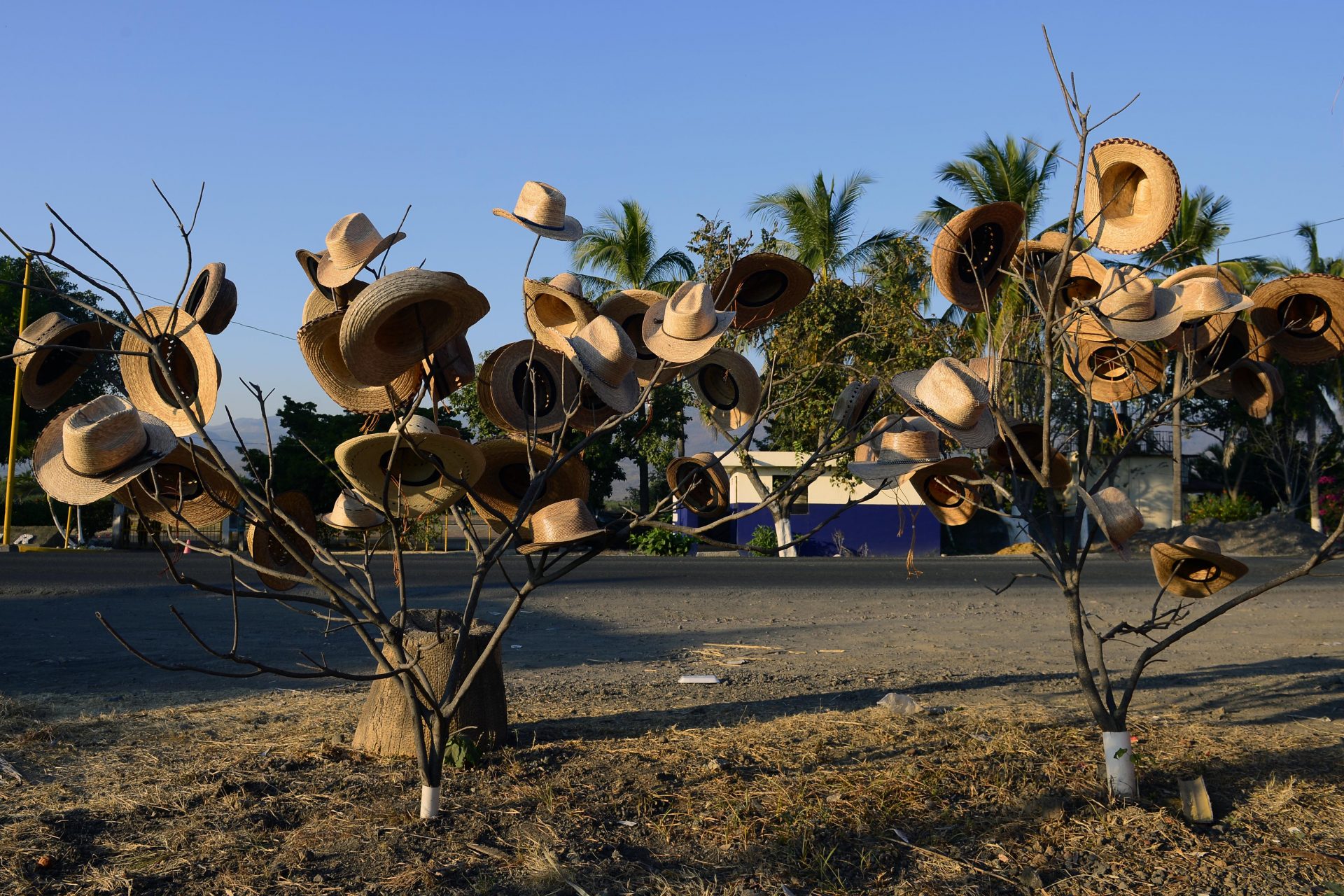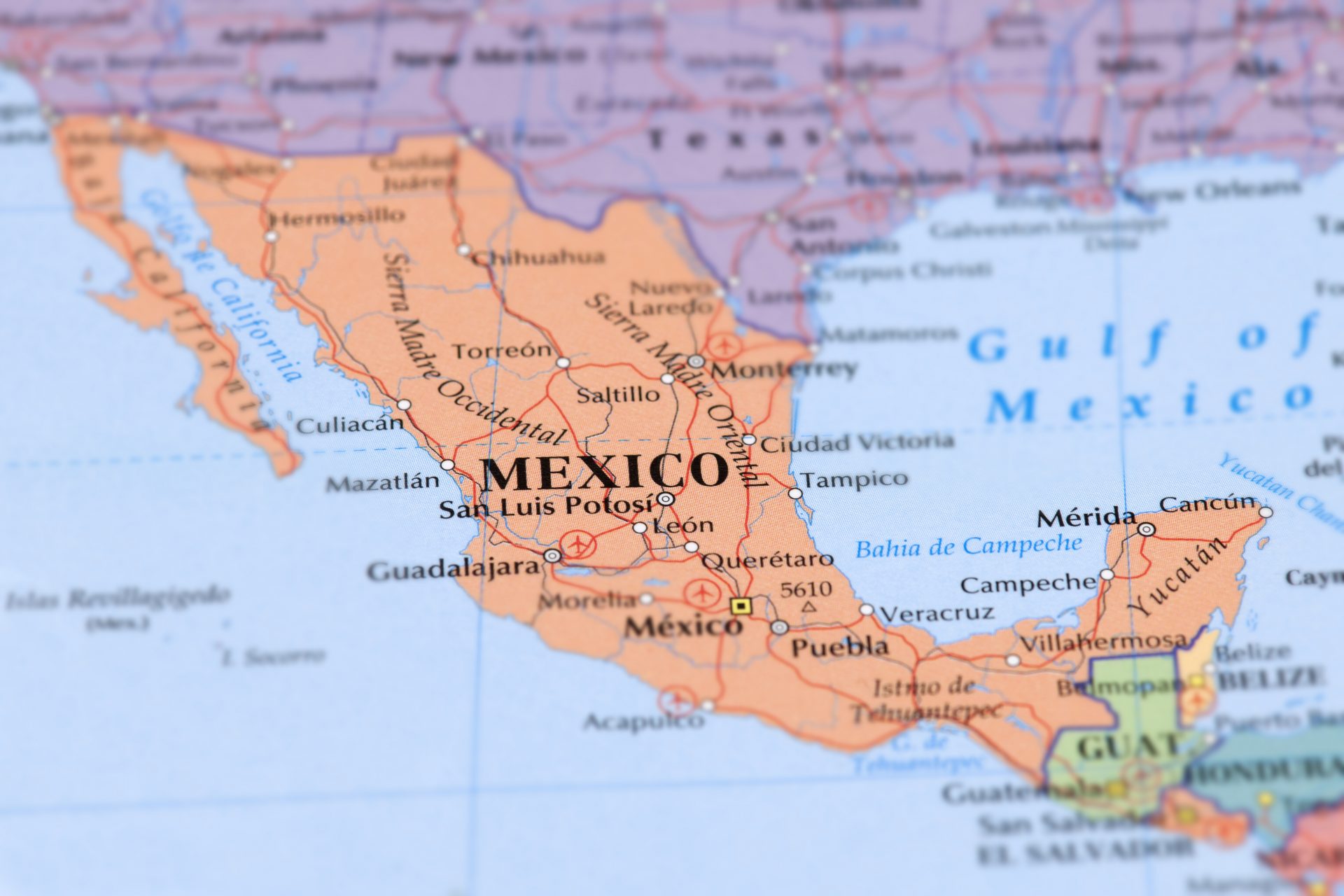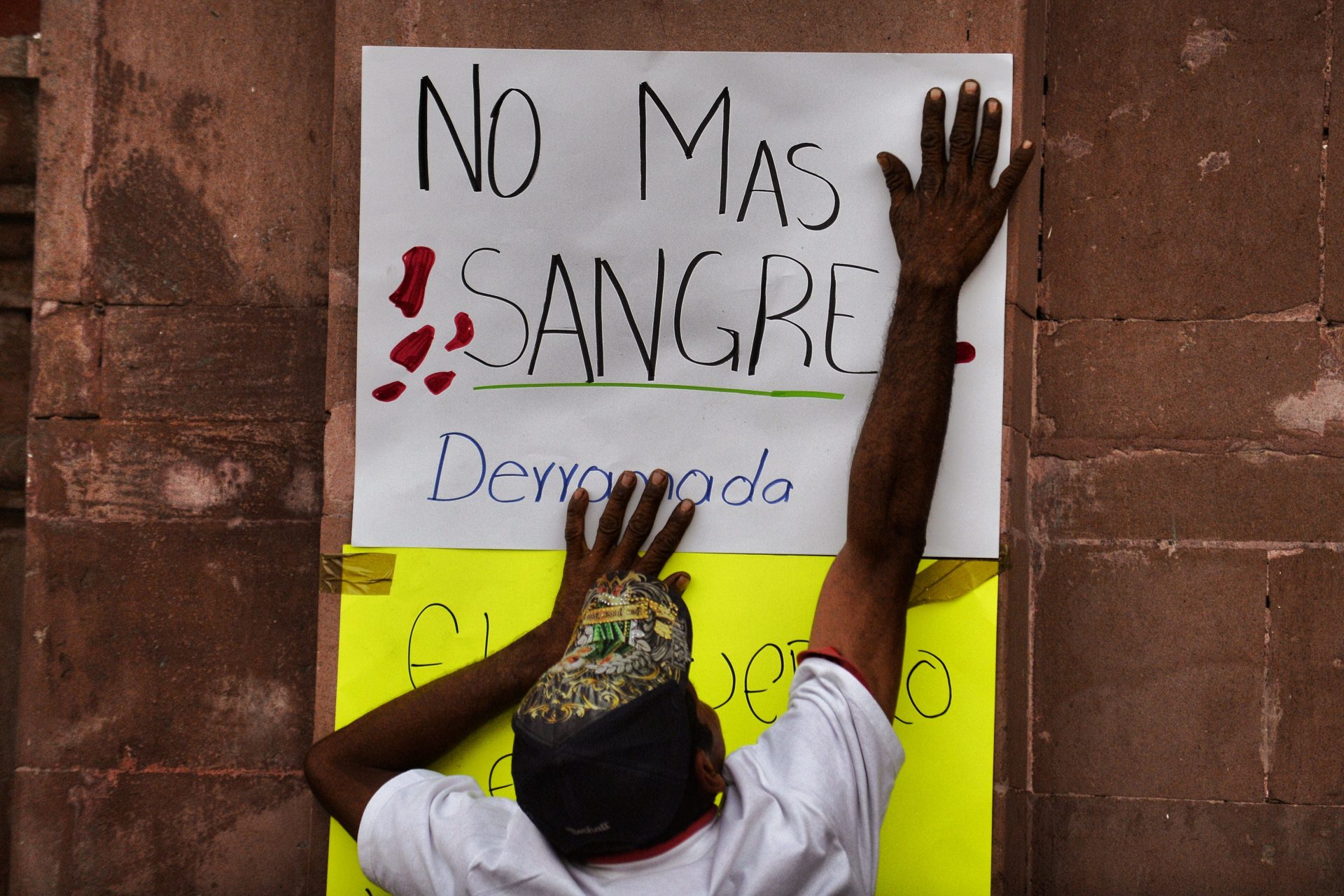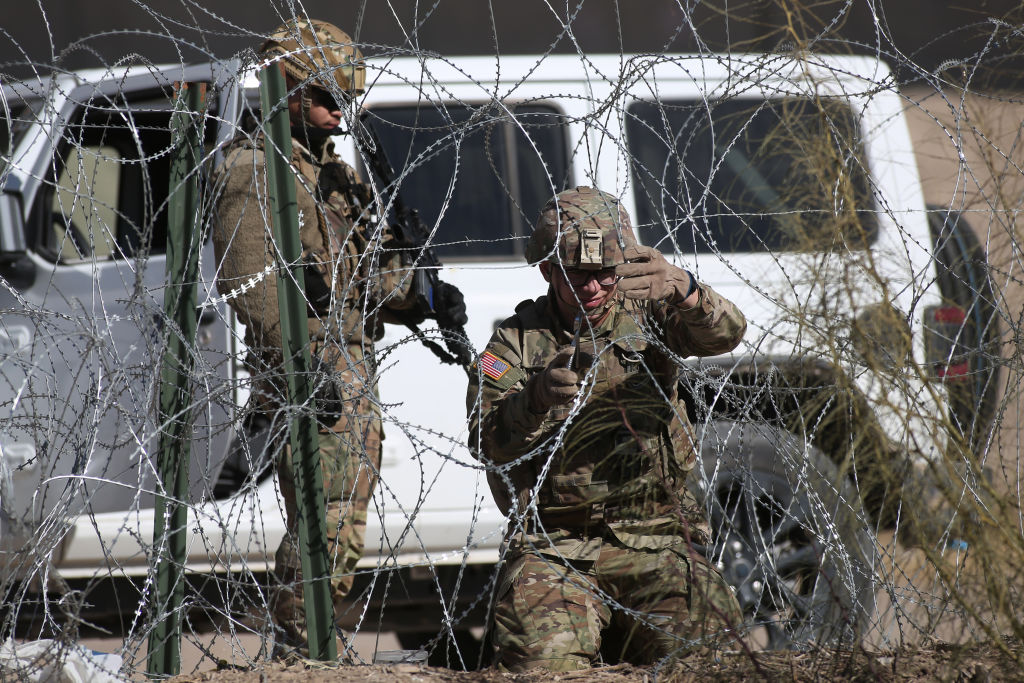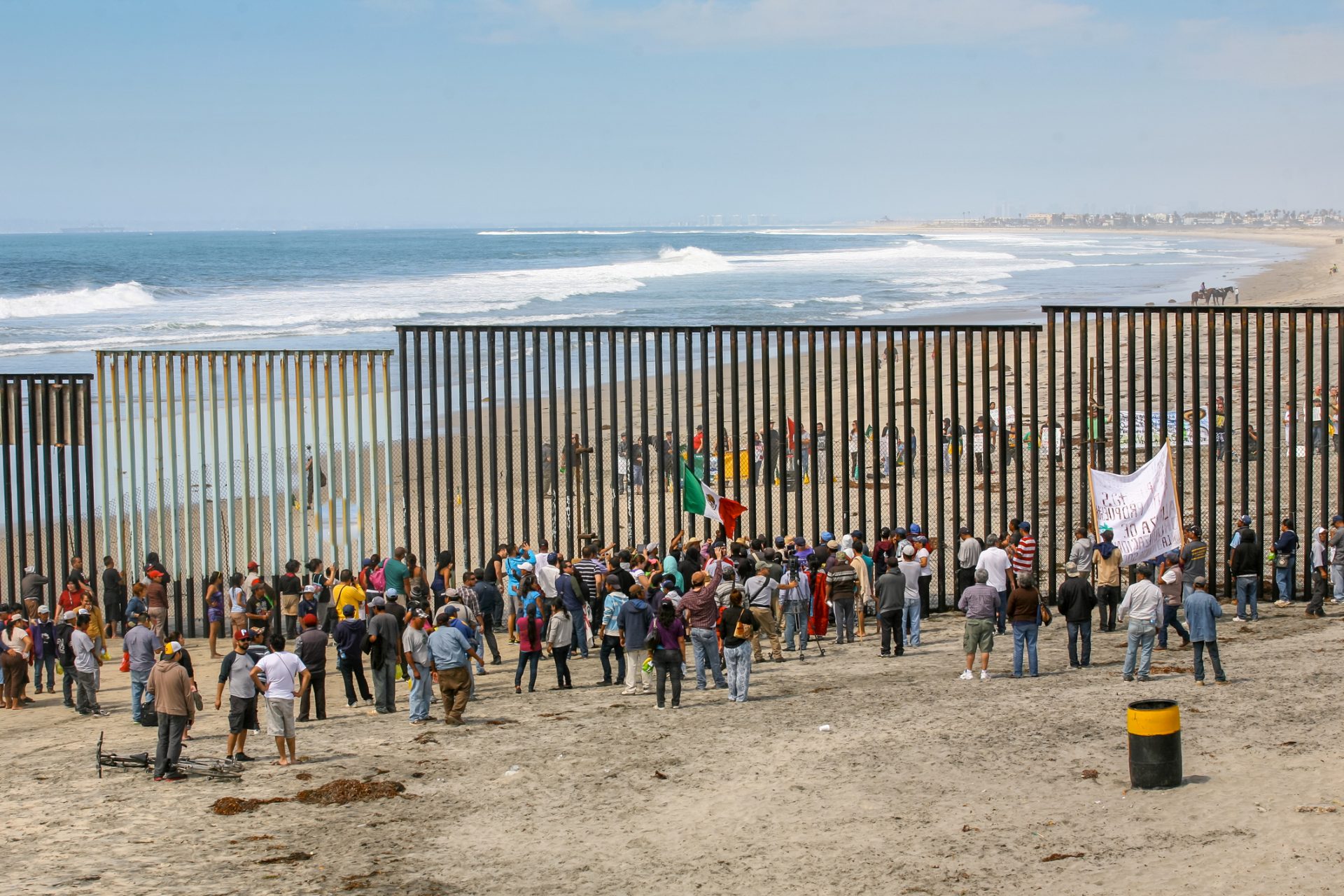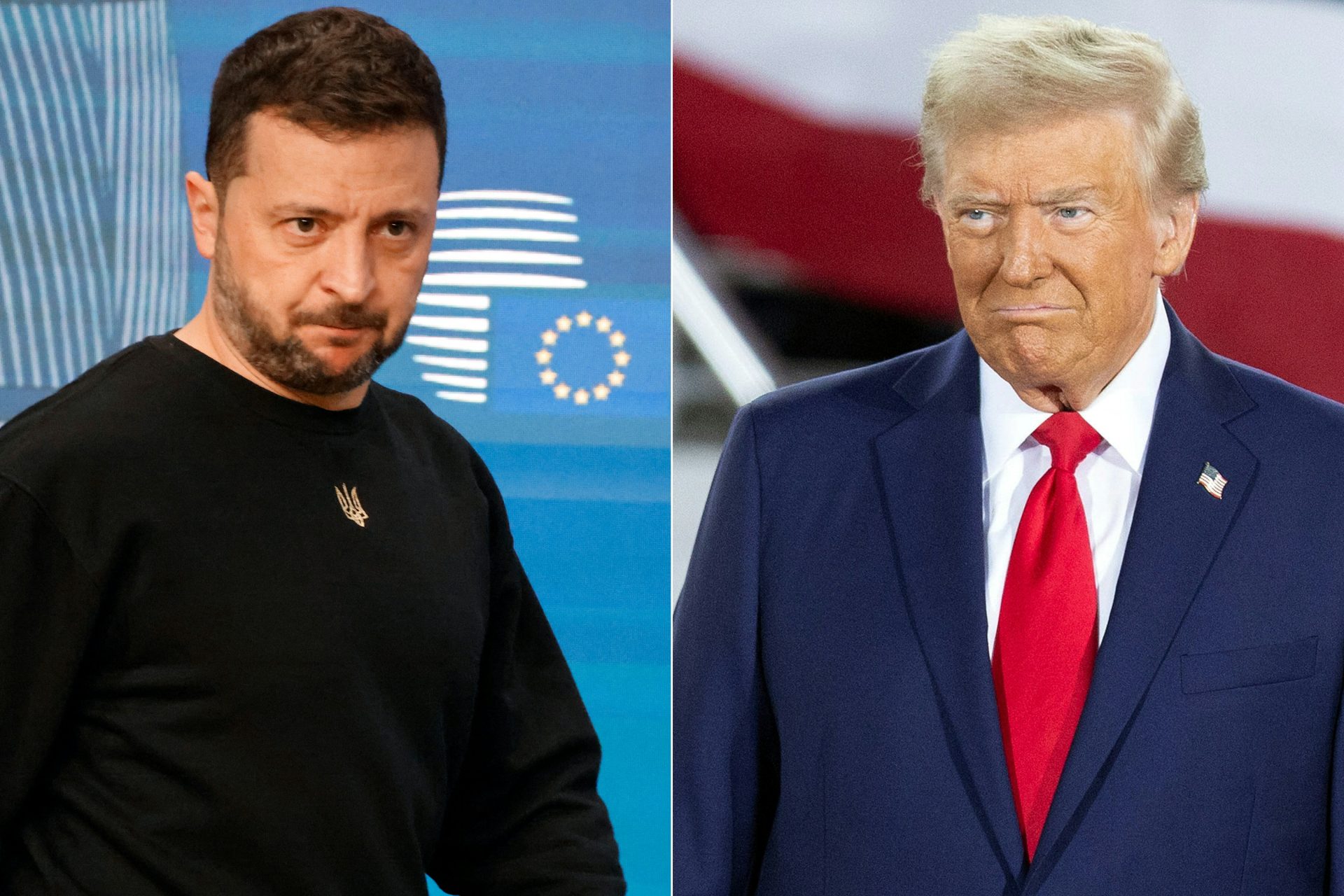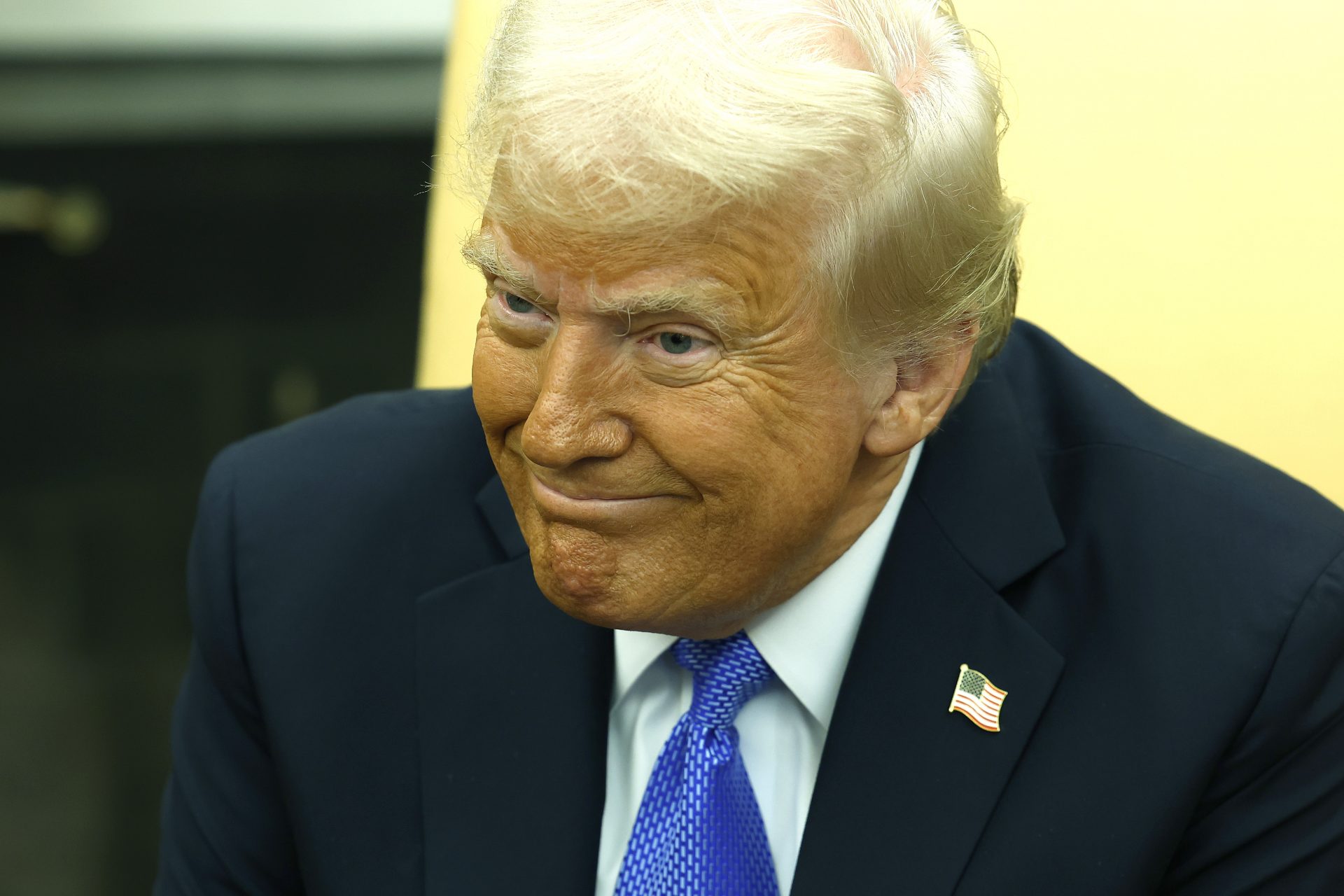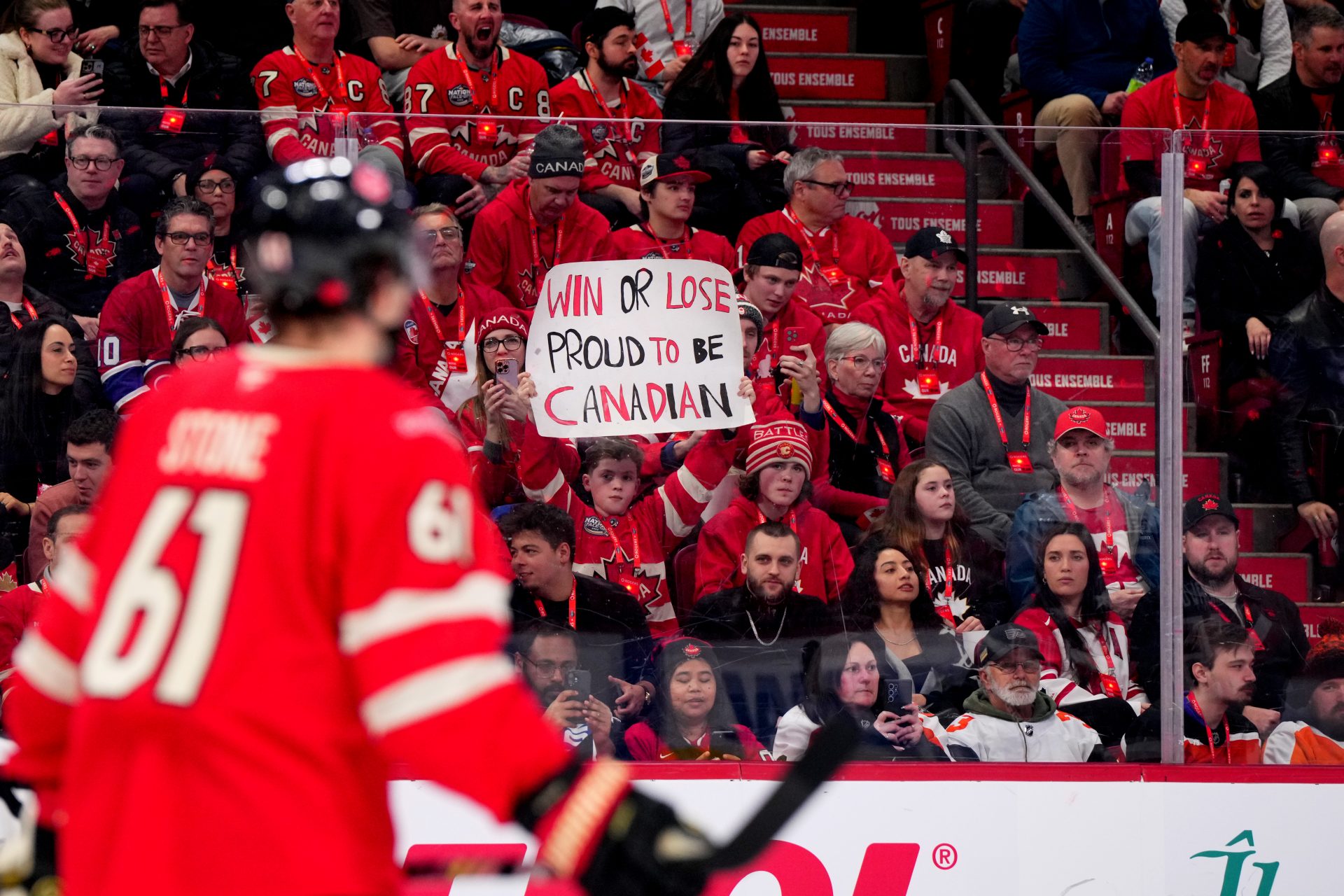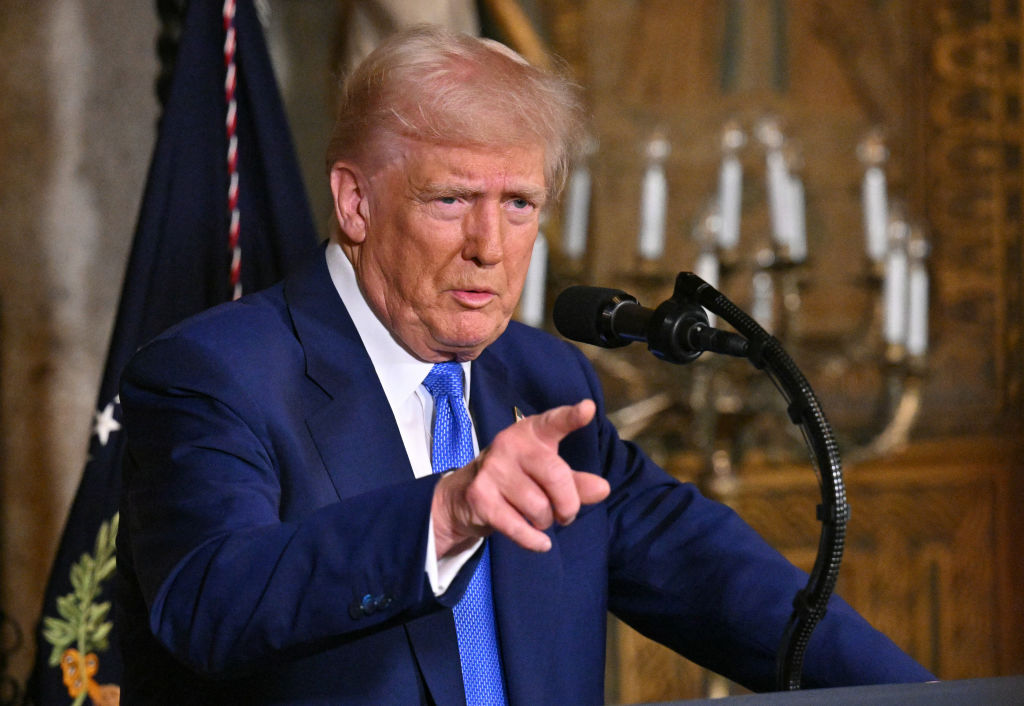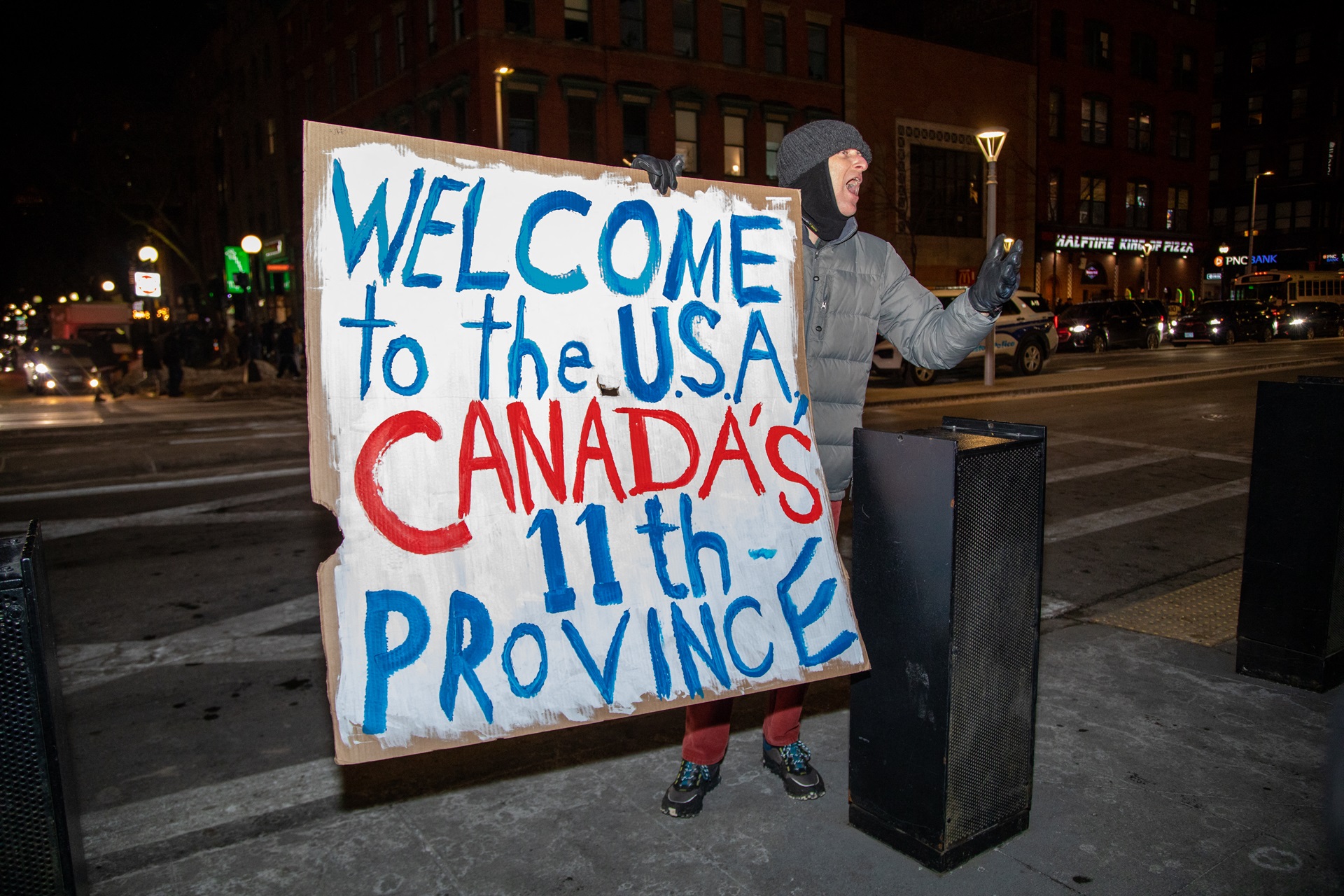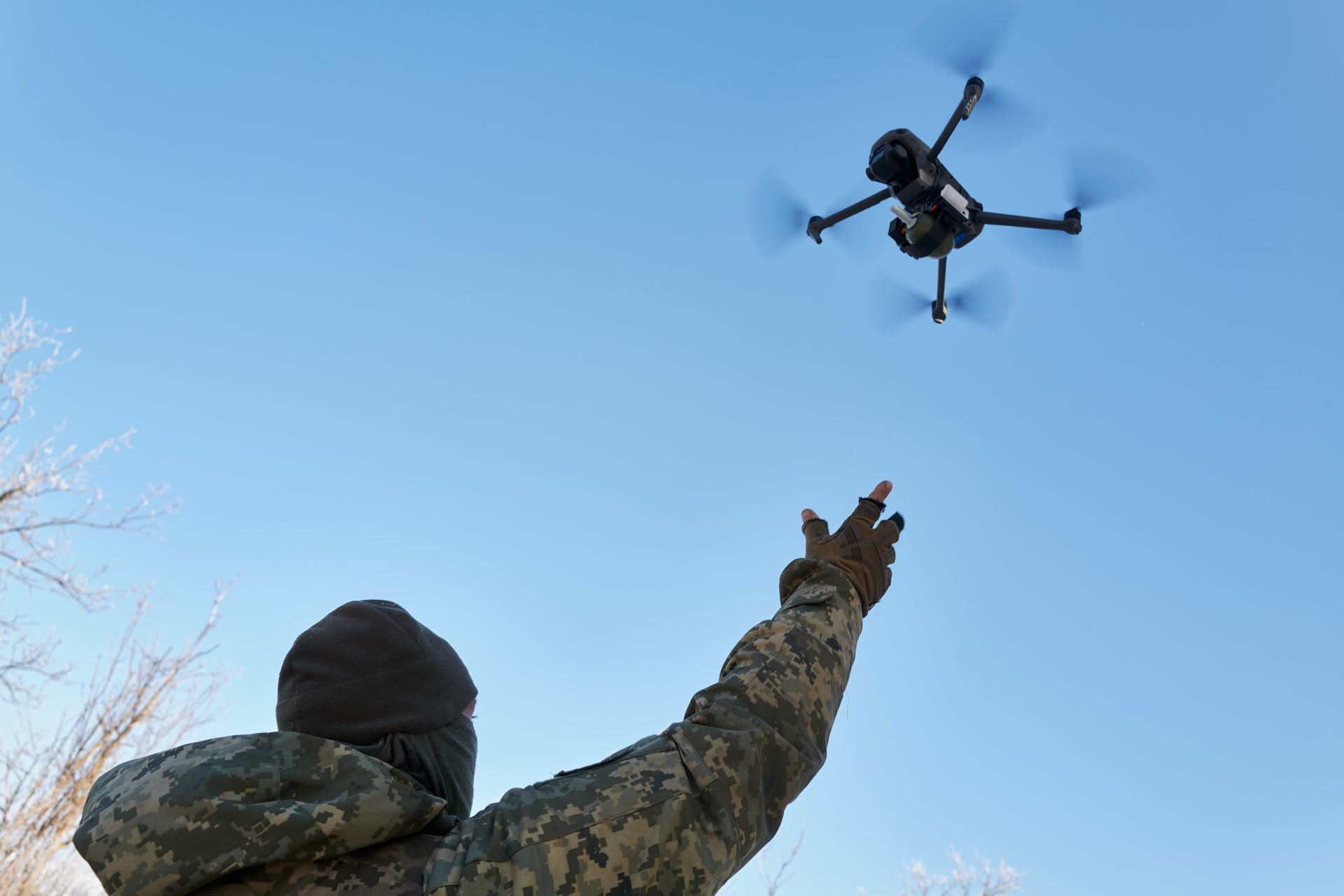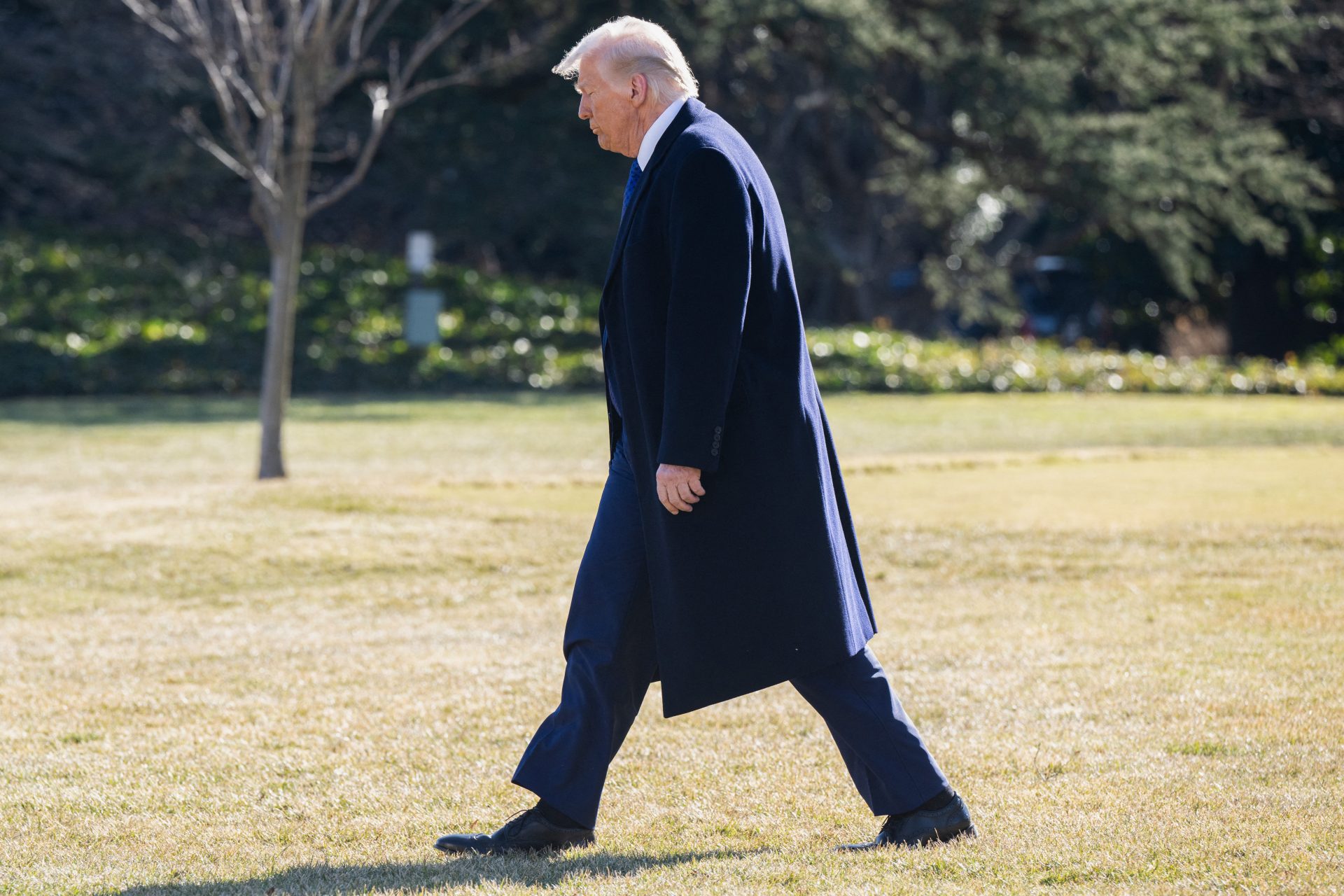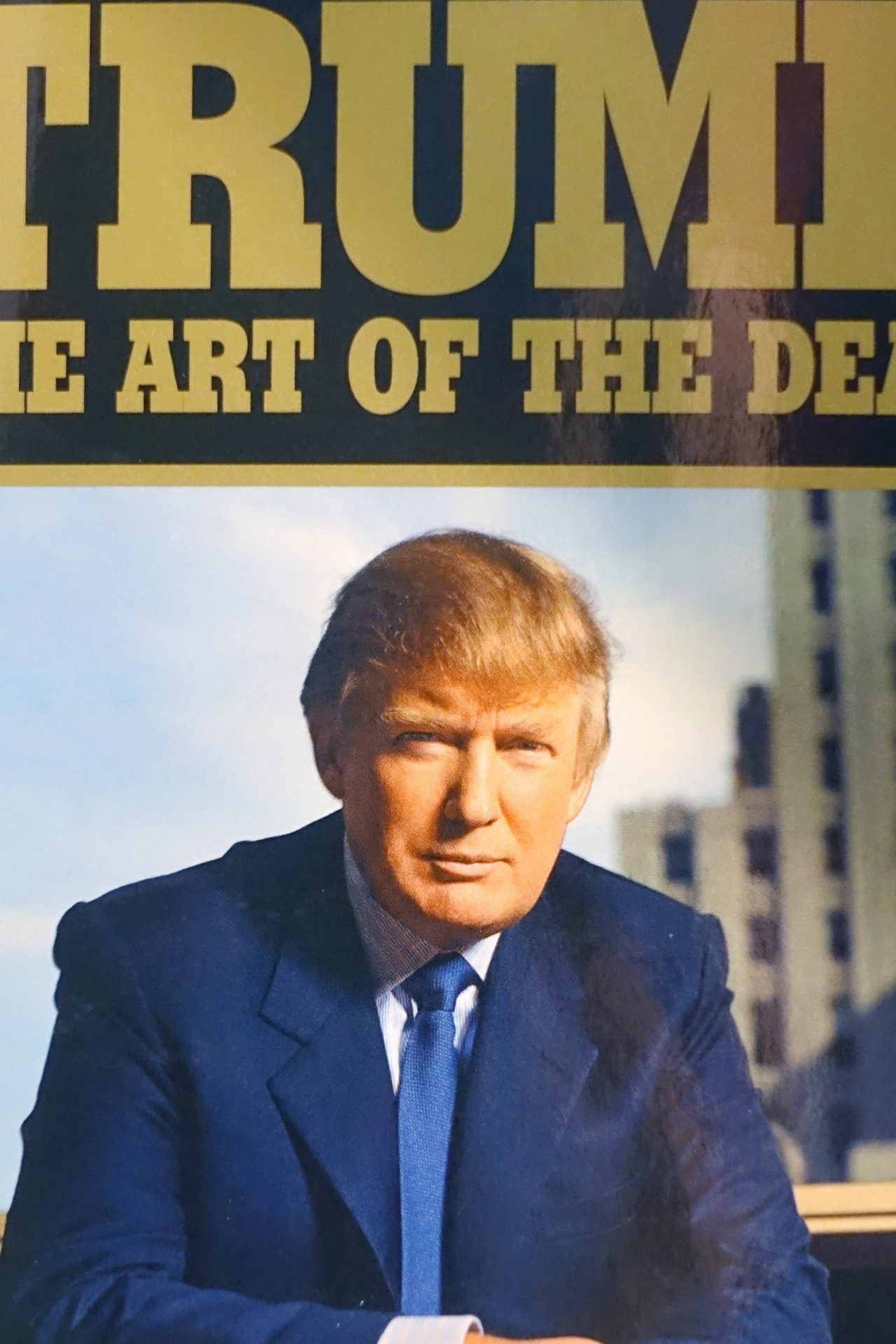The cartels that Trump wants to designate as terrorist organizations
The Trump administration continues to move forward with its initiative to classify several Mexican and a couple of Latin American cartels as terrorist organizations, according to a New York Times article.
According to the report, there’s already a preliminary list that includes six Mexican criminal groups and two from Venezuela and El Salvador, although this could be modified.
According to the Times, the measure must be implemented by the State Department, headed by Marco Rubio, following an executive order signed by Trump on January 20, just after his inauguration.
Anonymous sources confirmed to the paper that the designation is to apply to the following groups: the Tren de Aragua, from Venezuela; the Mara Salvatrucha, from El Salvador; and six other Mexican criminal organizations.
According to the NYT, the Mexican criminal organizations Trump will label as terrorists are: Sinaloa Cartel, Jalisco New Generation Cartel (CJNG), Northeast Cartel, La Familia Michoacana, United Cartels and Gulf Cartel.
The Sinaloa Cartel emerged in the early 1990s as an offshoot of the Guadalajara Cartel. Among its former top bosses is the infamous ‘Chapo’ Guzmán who left his son in charge, since he’s now serving a life sentence in a Colorado supermax prison.
Considered by the Mexican government to be one of the most dangerous criminal organizations and the most powerful drug cartel in the country, CJNG has characterized for its extreme violence and for terrorizing civilians.
Perhaps one of Mexico's oldest cartels, as El País recalls, the Gulf Cartel from the border state of Tamaulipas dates back to the 1930s, to prohibition and whiskey trafficking. It gained strength in the late 1990s and developed its own "martial court," Los Zetas.
A split in Los Zetas gave rise to the Cartel del Noreste. Its formation took place after the capture of one of the last leaders of Los Zetas, in 2015: Alejandro Treviño, “El Z-42.”
“The organization has endured and is in charge of a wide range of criminal activities on the border, which has given it visibility in the United States,” analyst David Saucedo explains to El País.
La Familia Michoacana emerged as a private surveillance organization opposed to Los Zetas, according to ‘El Universal’ newspaper. Its modus operandi consisted of attacking methamphetamine addicts and traffickers.
Eventually, La Familia expelled Los Zetas from the Michoacán area and extended its influence to states such as Guerrero, Querétaro, Jalisco, Guanajuato and Morelos.
Also from Michoacán and also created to counter Los Zetas, The “union of small criminal groups, local mafias and self-defense groups,” according to El País, gave rise to Los Cárteles Unidos, which ended up assuming responsibility for repelling the CJNG in the region.
Currently, they focus mainly on extorting farmers and collecting “floor fees,” a fee that drug traffickers demand from producers to continue with their businesses.
The US government already has tools, including criminal charges and sanctions, that it can use to go after the cartels. But a terrorist designation would broaden those options, with the most significant additional tool being “material support prosecutions”, experts say.
Material support can run from money or weapons to lodging, false papers, or even a phone card. So even migrants who pay a smuggler who is linked to a cartel could be charged as a criminal, the NPR exemplifies.
More for you
Top Stories




